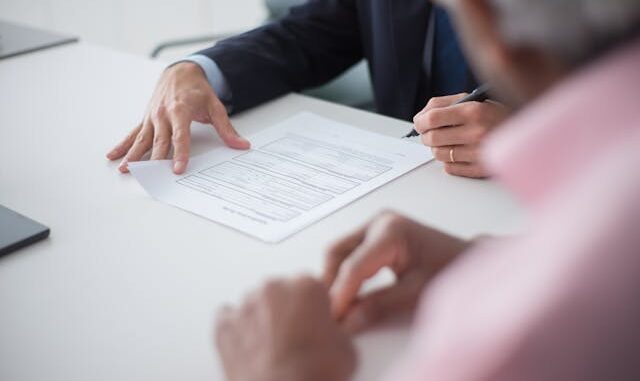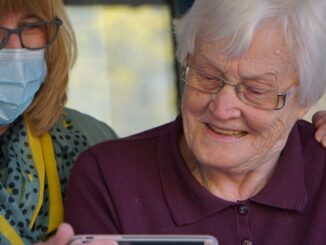
In the litigation process for slip and fall accidents in Ontario, one critical step is the Examination for Discovery, where parties to the lawsuit have the opportunity to question each other under oath. This process allows each party to gather information, assess the strengths and weaknesses of the case, and prepare for potential settlement or trial.
During an Examination for Discovery, the parties’ lawyers question the opposing party and any relevant witnesses about the facts of the case, their recollection of events, and any evidence they may possess. The questioning is conducted under oath, and a court reporter creates a transcript of the proceedings for use in future legal proceedings.
Attending an Examination for Discovery can be a nerve-wracking experience for slip and fall accident victims, as they may be asked detailed questions about the circumstances of the accident, their injuries, and their medical history. However, with the guidance of their lawyer and thorough preparation, victims can navigate the process with confidence and effectively convey their version of events.
Preparing for an Examination for Discovery is crucial for slip and fall accident victims in Ontario to ensure they effectively convey their version of events and protect their rights throughout the litigation process. Here are some tips to help victims prepare for this critical step:
- Review Your Case: Familiarize yourself with the details of your slip and fall accident case, including the facts, evidence, and legal issues involved. Work closely with your lawyer to understand your rights and responsibilities during the Examination for Discovery.
- Practice Answering Questions: Work with your lawyer to practice answering questions likely to be asked during the Examination for Discovery. Practice being concise, truthful, and focused on the facts of the case. Avoid volunteering unnecessary information and stick to the facts as you remember them.
- Gather Evidence: Gather any relevant documents, photographs, or other evidence related to your slip and fall accident to support your testimony during the Examination for Discovery. Provide copies of these documents to your lawyer in advance of the examination.
- Stay Calm and Composed: Remain calm and composed during the Examination for Discovery, even if faced with challenging or confrontational questioning. Listen carefully to each question before responding and take your time to provide accurate and thoughtful answers.
- Consult with Your Lawyer: Consult with your lawyer before the Examination for Discovery to discuss strategies, review potential questions, and address any concerns or uncertainties you may have. Your lawyer is there to advocate for your interests and ensure that your rights are protected throughout the process.
By following these tips and working closely with their lawyer, slip and fall accident victims in Ontario can effectively prepare for an Examination for Discovery and navigate this critical step in the litigation process with confidence.



